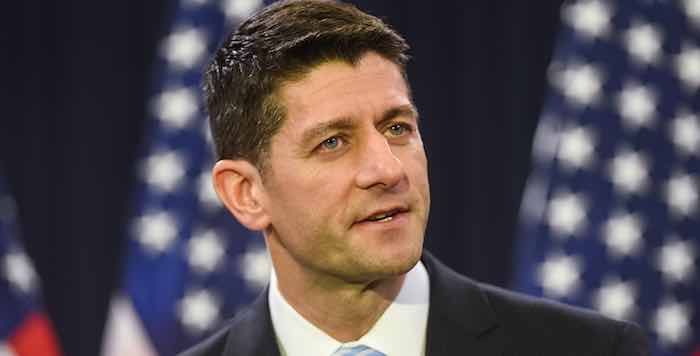By Dan Calabrese ——Bio and Archives--October 25, 2017
American Politics, News | CFP Comments | Reader Friendly | Subscribe | Email Us
 I can't overstate how important this is, and in a positive way. Republican politicians have lost their way on tax policy since the Reagan years. Back then, it was understood that cuts in marginal rates and simplification of the code would free up capital that was otherwise a) being paid to the government; or b) being used to comply with tax-driven manipulation of private behavior. The result of this would be more robust economic growth.
That this worked in the 1980s cannot be seriously disputed. The Reagan tax cuts of 1981 delivered sustained, robust growth. It was also true that Congress spent like drunken sailors during that time, and we saw consistent budget deficits as a result. But it wasn't because federal revenues suffered from the tax cuts. Federal revenues soared. If spending had merely been kept to the rate of inflation, we would have been running surpluses by the end of Reagan's second term.
I can't overstate how important this is, and in a positive way. Republican politicians have lost their way on tax policy since the Reagan years. Back then, it was understood that cuts in marginal rates and simplification of the code would free up capital that was otherwise a) being paid to the government; or b) being used to comply with tax-driven manipulation of private behavior. The result of this would be more robust economic growth.
That this worked in the 1980s cannot be seriously disputed. The Reagan tax cuts of 1981 delivered sustained, robust growth. It was also true that Congress spent like drunken sailors during that time, and we saw consistent budget deficits as a result. But it wasn't because federal revenues suffered from the tax cuts. Federal revenues soared. If spending had merely been kept to the rate of inflation, we would have been running surpluses by the end of Reagan's second term.The U.S. Republican tax cut plan that President Donald Trump wants passed by the end of the year is unlikely to trigger a big deficit expansion because it will spur more investment and job growth, House of Representatives Speaker Paul Ryan told Reuters in an interview on Wednesday.
“We believe that we’ll get faster economic growth,” Ryan said. “We don’t anticipate a big deficit effect from this tax reform because we will broaden the base and lower the rates, plug loopholes and get faster economic growth. ... Those things combined, we believe, will give us faster growth and a more resilient tax code.” Democrats have painted the tax plan as a gift to the rich and corporate America that would balloon the federal deficit and add to the $20 trillion U.S. national debt. While the broad parameters of the tax proposal have been made public, detailed legislation has not yet been unveiled. One of the key elements of the plan is to slash the corporate income tax rate to 20 percent from 35 percent. Ryan said the plan would help U.S. growth. “The reason we’re trying to do it with this timeline is we want to get a 3 percent economy. We’re sort of limping along, growing between 1 and 2 percent, and that is so far underneath our potential as a country,” he said.
Support Canada Free Press

View Comments
Dan Calabrese’s column is distributed by HermanCain.com, which can be found at HermanCain
Follow all of Dan’s work, including his series of Christian spiritual warfare novels, by liking his page on Facebook.